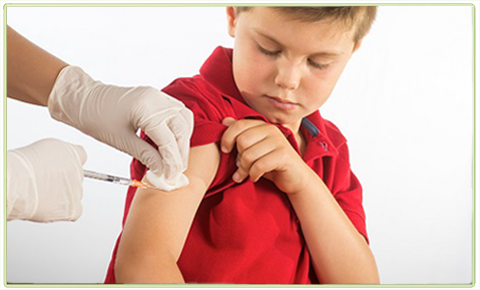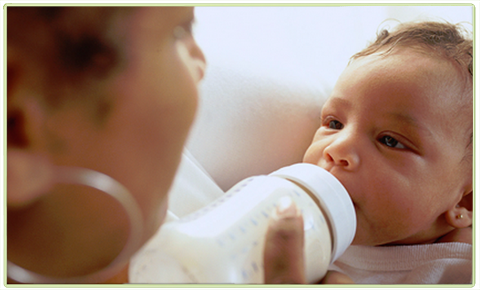Welcome to
Princeton Lakes Pediatrics!
Our goal is to make sure that your child is both Happy and Healthy.

Welcome to
Princeton Lakes Pediatrics!
Our goal is to make sure that your child is both Happy and Healthy.

Welcome to
Princeton Lakes Pediatrics!
Our goal is to make sure that your child is both Happy and Healthy.

Welcome to
Princeton Lakes Pediatrics!
Our goal is to make sure that your child is both Happy and Healthy.

Welcome to
Princeton Lakes Pediatrics!
Our goal is to make sure that your child is both Happy and Healthy.




